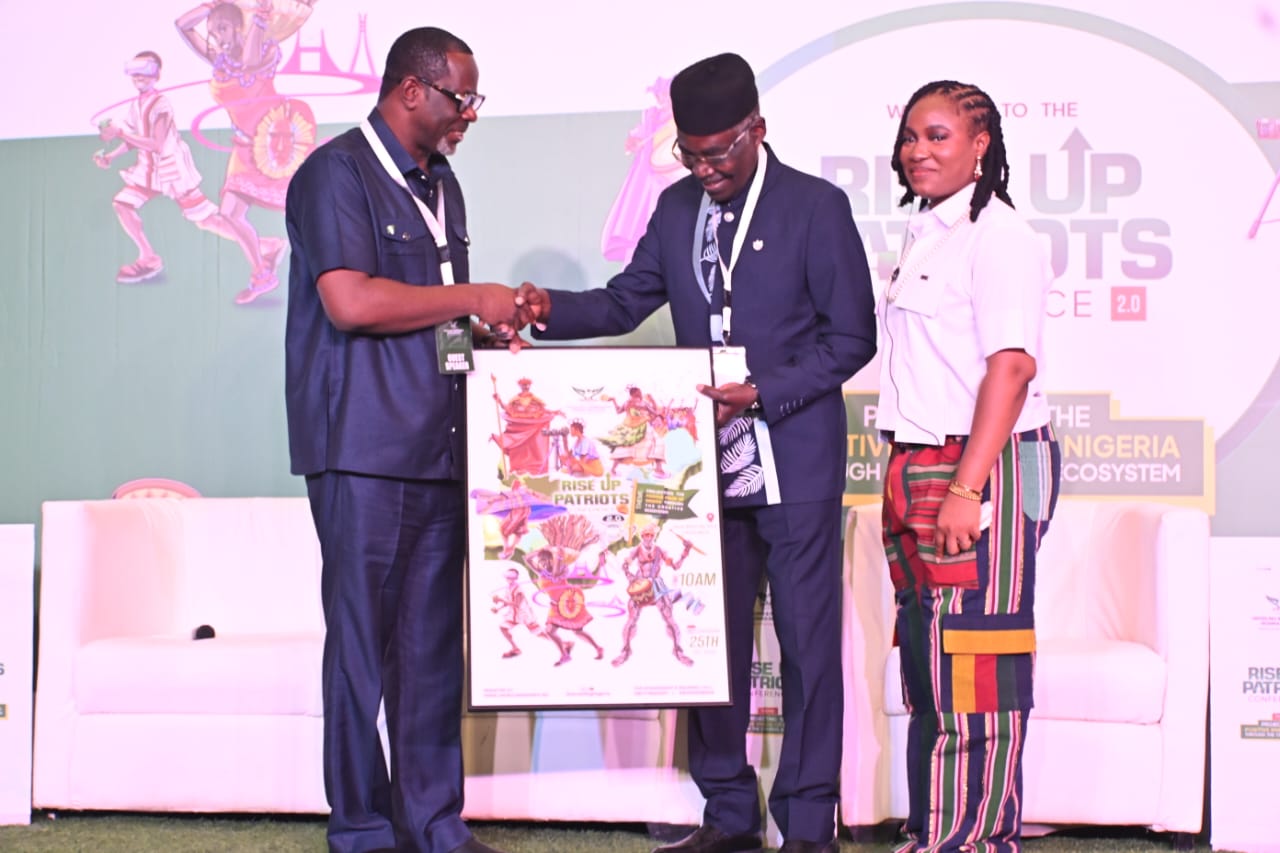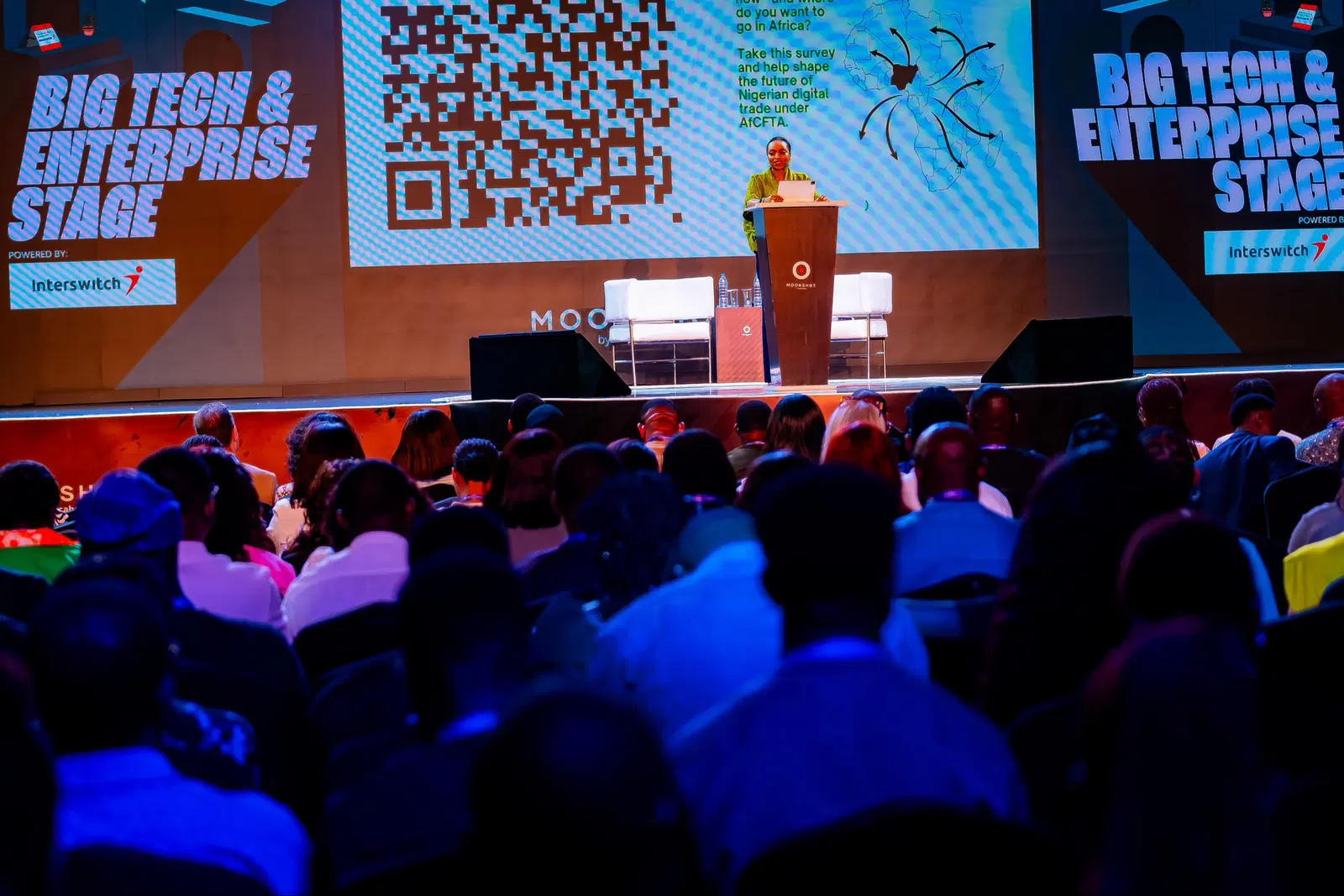A 19-year-old Nigerian-American student is transforming women’s health with technology that turns a basic necessity into a powerful diagnostic tool
At just 19 years old, Titilope Olotu is already challenging the status quo in women’s health. The UCLA student has developed an innovation that sounds like science fiction: a biodegradable menstrual pad that uses artificial intelligence to analyze health data and generate medical reports—all while addressing the global menstrual equity crisis.
A Personal Mission Born from Observation
Olotu’s journey began not in a laboratory, but through witnessing a fundamental inequity. Growing up with connections to Nigeria, she observed firsthand how millions of women and girls lack access to safe, affordable menstrual products. But rather than simply addressing availability, Olotu saw an opportunity to revolutionize the entire concept of menstrual care.
“Why should a menstrual pad just be a pad?” seemed to be the question driving her innovation. The result is a product that serves dual purposes: providing dignified menstrual care while simultaneously monitoring critical health indicators.
The Science Behind the Innovation
Olotu’s smart biosensing pad combines sustainable materials with cutting-edge health technology. The biodegradable pad contains a reagent area that performs colorimetric analysis on menstrual blood, tracking multiple biomarkers including:
- Hormone levels
- pH balance
- Presence of infections
- Iron levels
After use, women can flip the pad to reveal color-coded results. For instance, a deeper purple shade indicates higher iron levels. But the innovation doesn’t stop at visual cues. Users can scan the pad using an AI-powered platform that interprets the results and generates comprehensive health reports.
This approach transforms what is typically discarded waste into valuable health data, offering women proactive insights into their reproductive and overall health—often before symptoms become apparent.
Breaking Barriers in Health Access
The implications extend far beyond convenience. In many parts of the world, women lack regular access to healthcare providers or cannot afford routine health screenings. Olotu’s innovation democratizes health monitoring, placing diagnostic capabilities directly in users’ hands.
Through her nonprofit organization Period Padi—”padi” means “friend” in Nigerian Pidgin—Olotu has been working to distribute these products to underserved communities. She initially began by sourcing chemical-free, sustainable banana fiber pads in summer 2024 before advancing to the biosensing technology.
Recognition and Funding
The innovation hasn’t gone unnoticed. Olotu has secured $38,000 in grant funding to support her research and development. She’s also been named a finalist for the prestigious Global Student Prize, which recognizes young people making extraordinary contributions to society.
Her success challenges conventional narratives about innovation. While Silicon Valley often dominates headlines about technological breakthroughs, Olotu’s work demonstrates that transformative solutions can emerge from anyone, anywhere—particularly when they’re designed by those who understand the problems intimately.
The Bigger Picture
Olotu’s smart pad addresses multiple Sustainable Development Goals simultaneously: gender equality, good health and well-being, and responsible consumption. It represents a new paradigm in women’s health technology—one that doesn’t ask women to choose between affordability, sustainability, and health monitoring.
As healthcare increasingly moves toward preventive and personalized medicine, innovations like Olotu’s biosensing pad offer a glimpse into the future. They suggest a world where everyday products double as health guardians, where data isn’t just collected but democratized, and where young innovators from diverse backgrounds lead the charge in solving global challenges.
Looking Forward
At 19, Olotu is just beginning. As she continues her studies at UCLA while scaling Period Padi’s impact, she’s proving that age is no barrier to making meaningful change. Her work raises an important question for the broader innovation ecosystem: how many other everyday products could be reimagined as health tools?
For the millions of women who will benefit from her innovation, the answer is clear: the future of menstrual health isn’t just about access—it’s about empowerment through information. And that future is being built by the next generation of problem-solvers who refuse to accept that things have always been done a certain way.
Titilope Olotu’s work through Period Padi continues to expand, bringing smart menstrual health technology to communities that need it most. Her innovation represents not just a product, but a philosophy: that dignity, sustainability, and health monitoring should be accessible to all women, regardless of where they live or their economic circumstances.




